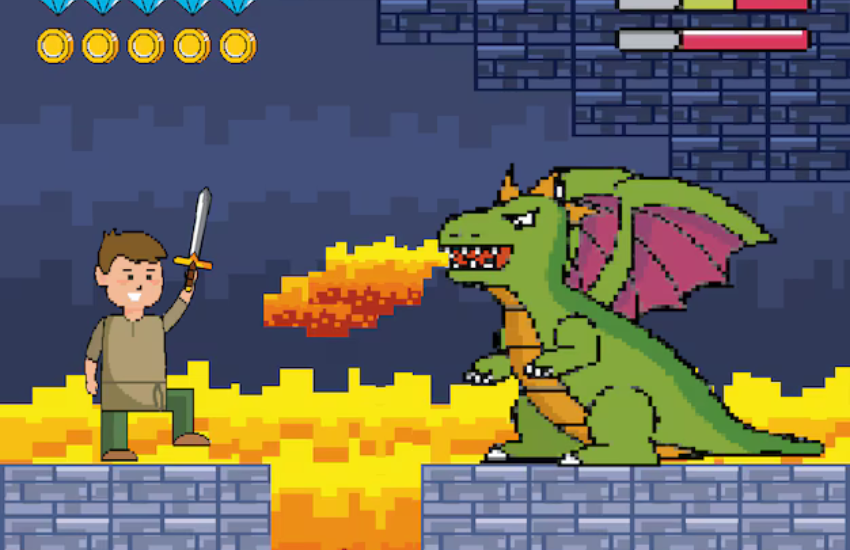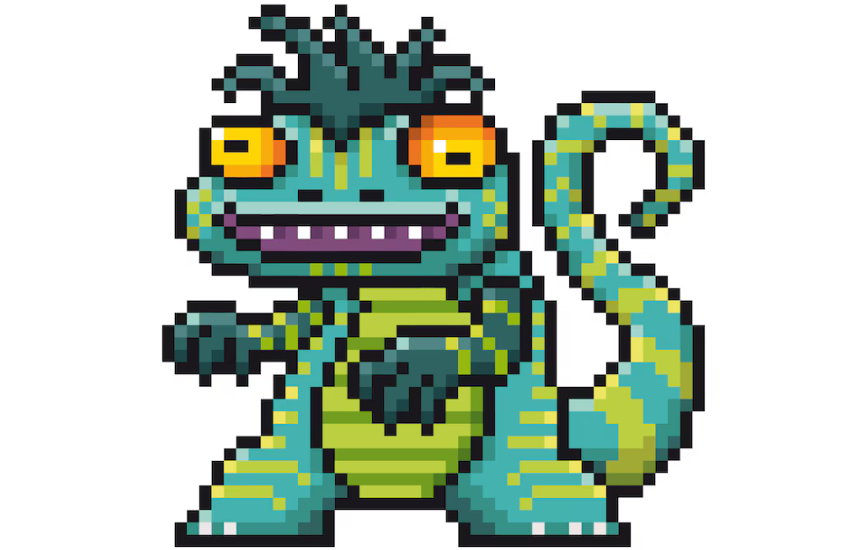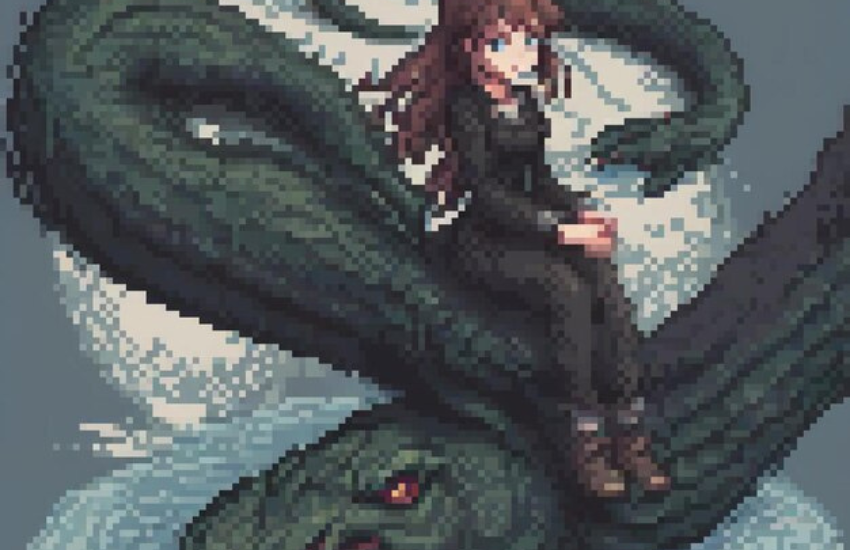The Origins of Hidracor
Hidracor is a Brazilian paint and decorative company known for producing high-quality products that inspire creativity. While primarily focused on home décor and paint solutions, Hidracor gained unexpected attention in the art and design world through its sponsorship of unique art initiatives. The Hidracor Naruto Pixel Art was one such venture, created to celebrate popular culture while showcasing Hidracor’s vibrant color palette.
Understanding the Naruto Phenomenon
Created by Masashi Kishimoto, Naruto debuted as a manga in 1999 and quickly became a global sensation. Chronicling the adventures of Naruto Uzumaki, a young ninja with dreams of becoming Hokage, the series touched on themes of friendship, perseverance, and identity. Its influence expanded beyond manga and anime, inspiring video games, merchandise, and even artistic reinterpretations like pixel art.
The Birth of the Hidracor Naruto Pixel Art Project
The Hidracor Naruto Pixel Art began as a collaborative endeavor between Hidracor and Brazilian artists to merge pop culture with creative art forms. The project aimed to honor Naruto while showcasing the artistic potential of pixel art using Hidracor’s extensive color range. It debuted in exhibitions, murals, and digital platforms, resonating with fans worldwide.

Inspiration Behind the Project
The creators of the Hidracor Naruto Pixel Art drew inspiration from two key sources:
- The vibrant aesthetic of the Naruto universe.
- The timeless appeal of pixel art as a nostalgic medium.
By blending these elements, the project paid homage to Naruto’s legacy while appealing to a broad audience, including anime fans and art enthusiasts.
Artistic Techniques in Hidracor Pixel Art
The creation of pixel art involves meticulous planning and execution. Key techniques used in the Hidracor project include:
- Pixel-by-Pixel Detailing: Artists manually placed each pixel to create intricate designs.
- Color Blending: Using Hidracor’s diverse paint palette to match Naruto’s bold and vibrant style.
- Grid-Based Layouts: Ensuring accuracy and consistency in the representation of characters.
Key Features of the Hidracor Naruto Pixel Art
A. Attention to Detail
Every character, from Naruto’s spiky blonde hair to Sasuke’s Sharingan eyes, was rendered with precision.
B. Vibrant Colors
Hidracor’s color expertise brought the designs to life, capturing the energy of the Naruto world.
C. Versatility
The art appeared in murals, digital media, and interactive installations, making it accessible to fans across platforms.
Famous Naruto Characters Represented in Pixel Art
The Hidracor Naruto Pixel Art highlighted several iconic characters from the series. Here’s a look at how they were portrayed:
A. Uzumaki Naruto
The hero himself, Naruto’s bright orange outfit and infectious smile were a focal point of the project.
B. Uchiha Sasuke
Sasuke’s cool demeanor and signature dark outfit were rendered with moody shades.
C. Haruno Sakura
Sakura’s pink hair and determined expression showcased her strength and personality.
D. Hatake Kakashi
The enigmatic mentor, Kakashi’s masked face and silver hair added mystery to the artwork.
The Role of Fans and Community in Promoting Hidracor Art
Anime and pixel art communities played a pivotal role in amplifying the project’s reach. Fans shared the artworks on social media, participated in collaborative projects, and even created derivative works inspired by the original.
How Hidracor Naruto Pixel Art Spread Across Social Media
The project gained traction on platforms like Instagram, Twitter, and Pinterest, where hashtags like #NarutoPixelArt and #HidracorArt allowed fans to discover and share the designs.
Cultural Significance of Combining Naruto with Pixel Art
The fusion of Naruto and pixel art speaks to the global appeal of both. While Naruto represents the rich storytelling tradition of Japanese anime, pixel art embodies the universal language of nostalgia and digital creativity.
Challenges Faced in the Creation of Hidracor Naruto Pixel Art
Key challenges included:
- Translating complex character designs into pixel art without losing detail.
- Maintaining color consistency using physical paints for murals.
- Balancing fan expectations with artistic interpretation.
The Commercial and Artistic Success of the Project
The Hidracor Naruto Pixel Art project not only boosted Hidracor’s brand image but also demonstrated the commercial viability of blending art with pop culture. The project was praised for its artistic innovation and cultural relevance.

Interactive Uses of Pixel Art in Modern Times
Pixel art has evolved beyond static images, finding applications in:
- Video games
- Animated shorts
- Interactive installations The Hidracor Naruto Pixel Art project exemplifies how pixel art can adapt to various mediums.
Hidracor Naruto Pixel Art and Its Role in Bridging Generations
By combining Naruto’s appeal with pixel art, the project resonated with both older fans who grew up with retro gaming and younger audiences discovering anime for the first time.
Similar Projects Inspired by Hidracor Naruto Pixel Art
The success of the Hidracor Naruto Pixel Art inspired similar projects, such as:
- Pixel art tributes to other anime series.
- Community-led mural projects celebrating pop culture.
Criticism and Controversies
While widely celebrated, the project faced some criticism:
- Purists debated whether pixel art could authentically represent anime.
- Others questioned the commercialization of fan culture.
Educational Value of Pixel Ar and Anime Fusion
The project highlights the educational potential of combining pixel art and anime, teaching:
- Art techniques
- Cultural appreciation
- Collaborative creativity
Legacy and Future of Hidracor Nauto Pixel Art
The project remains a testament to the enduring legacy of Naruto and the versatility of pixel art. Future endeavors may expand on this concept, incorporating new technologies like augmented reality (AR) or virtual reality (VR).
Conclusion
The Hidracor Naruto Pixel Art project is a shining example of how art can transcend cultural boundaries and mediums. By blending the beloved Naruto series with the nostalgic charm of pixel art, it created a unique homage that resonated with fans worldwide. Its success underscores the power of creative collaboration and the timeless appeal of anime-inspired art.

